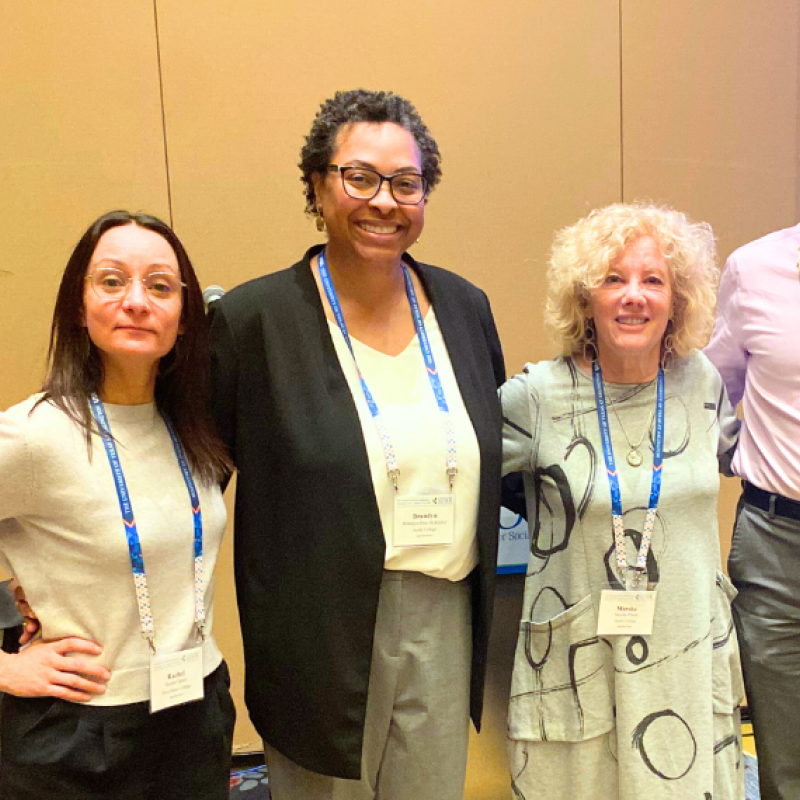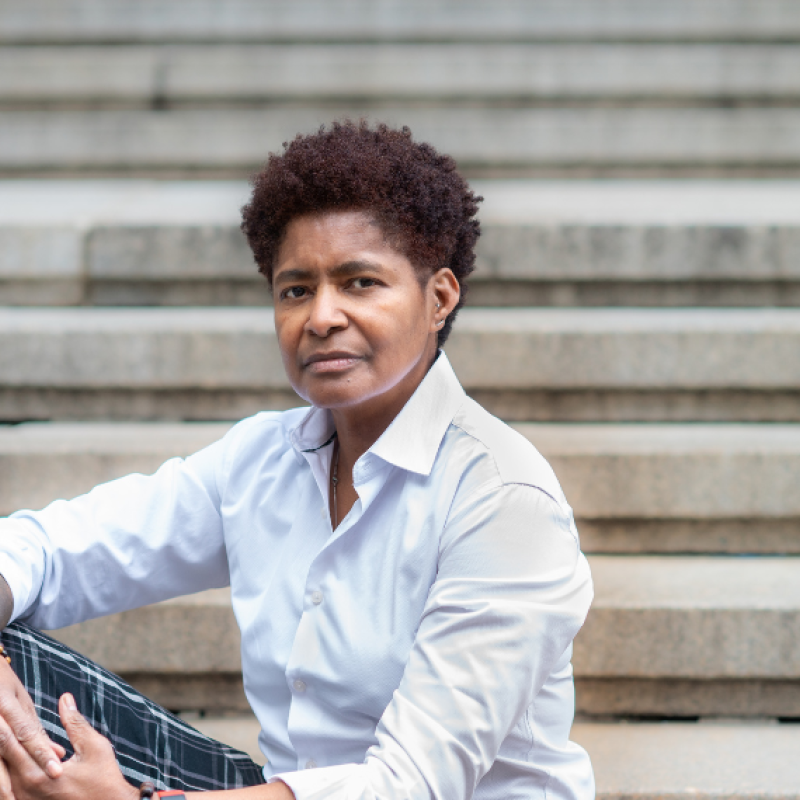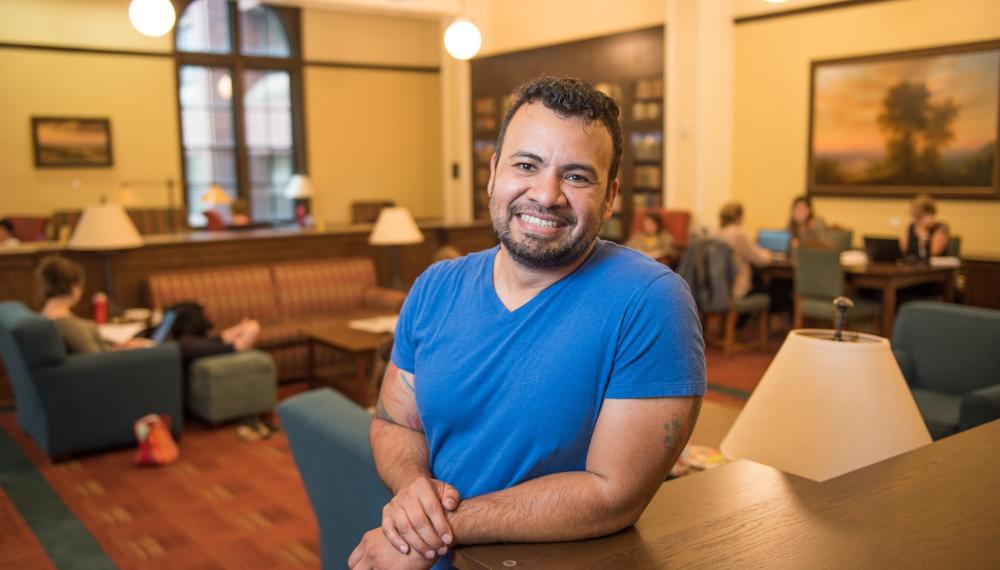
When Jose Hernandez, M.S.W. ’16 and current Ph.D. candidate isn’t at his day job, a community reentry program in Los Angeles County, or his other day job seeing private practice therapy clients, he is working on a dissertation about the importance of Indigenous practices in psilocybin use.
“I'm trying to do a comparison as to how U.S. practices have been influenced by Indigenous practices, but also how much U.S. practitioners know about Indigenous practices,” said Hernandez, who hopes to complete his Ph.D. next year.
This past winter, he presented his research at the Latino Social Workers Organization’s Symposium and Educational Retreat in Oaxaca, Mexico, a gathering focused on “exploring the role of traditional healing and culture on mental health and community well-being.” His presentation was titled “Decolonizing Psilocybin Treatment for BIPOC Communities: Fostering Equitable Cultural Healing” and discussed the appropriation of the drug from Indigenous healers and the way that theft severed its use from vital healing knowledge and practices.
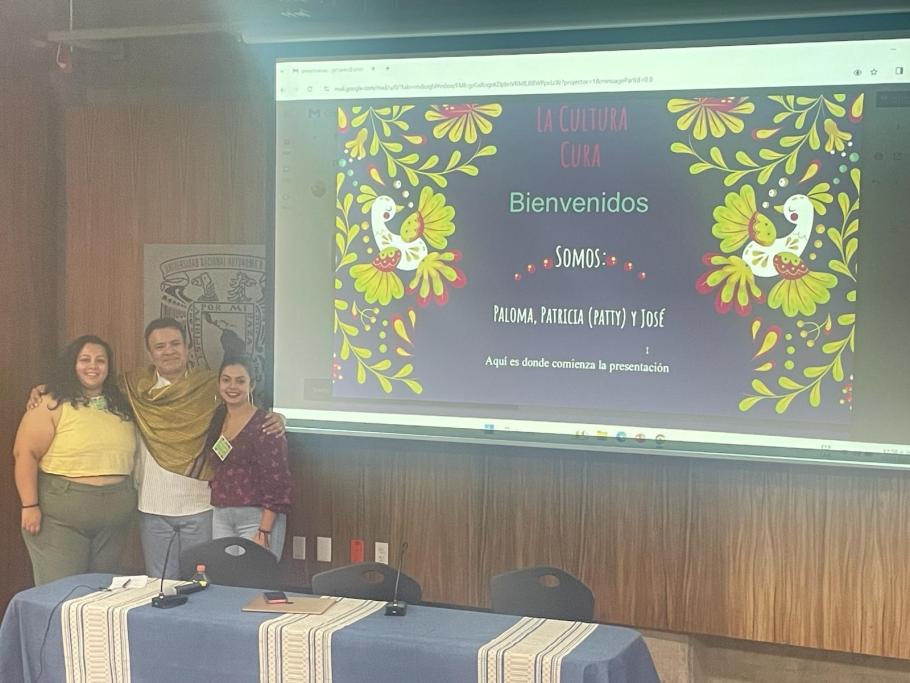
But Hernandez, a first-generation immigrant from Mexico, did not attend the conference on his own. Instead, he chose to foster Smith’s Latinx student community, adding current M.S.W. candidates (and fellow Californians) Paloma Chavez and Patty Perez to his presentation. His generosity of spirit gave the two younger scholars an invaluable educational opportunity to participate in a global conference that connected them to both their chosen field and their ethnic roots.
“Paloma and I are first-gen students,” said Perez, who completed her second-year internship at the Center for Empowering Refugees and Immigrants in Oakland, CA. “For us, these types of conferences are very foreign, and it seems that sometimes these opportunities are not available to us. So to have support from people like Jose and professors at Smith like Alberto (Guerrero) that really championed us to do this together felt really special."
The presentation opened with a land acknowledgement and guided meditation, led by Chavez and Perez, then Hernandez facilitated an informative discussion on psilocybin and Indigenous identity in a way that included audience voices as integral.
“People were sharing cultural memories,” said Chavez, who finished her second-year internship at Instituto Familiar de la Raza in San Francisco. “I think it’s part of the colonized mindset to forget where we’re from or to erase where we’re from, and giving people a chance to say to whom they belonged is really important.”
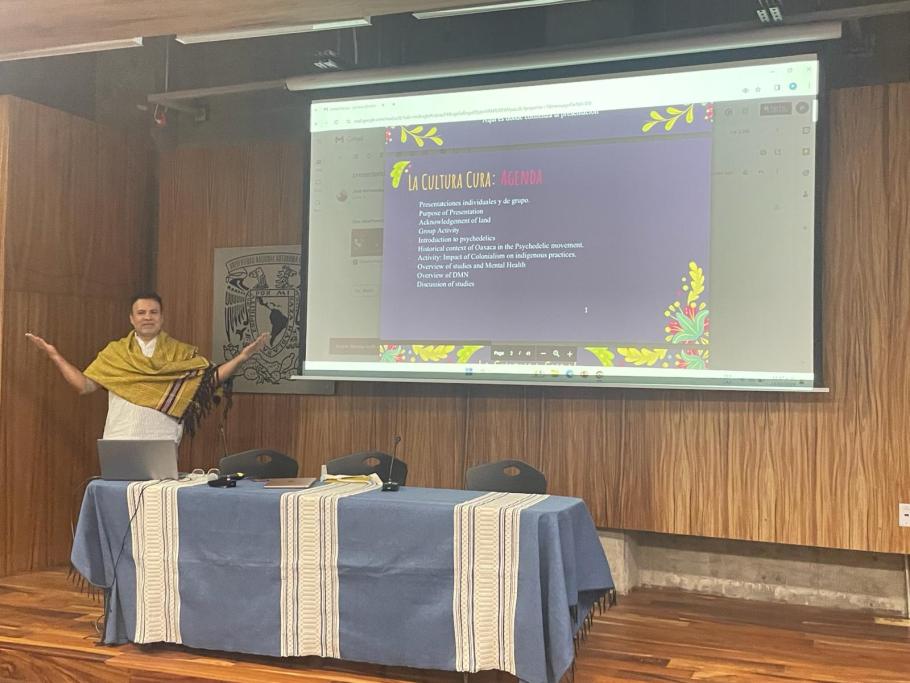
The trio, who first bonded during Perez and Chavez’s initial summer session on campus, said they hoped the success of their experience – partly supported by SSW but primarily made possible through fundraising – would encourage School officials to increase the resources available to help BIPOC students have these defining academic experiences.
“BIPOC students should be able to take up space in spaces that are usually foreign to us,” Perez said.

